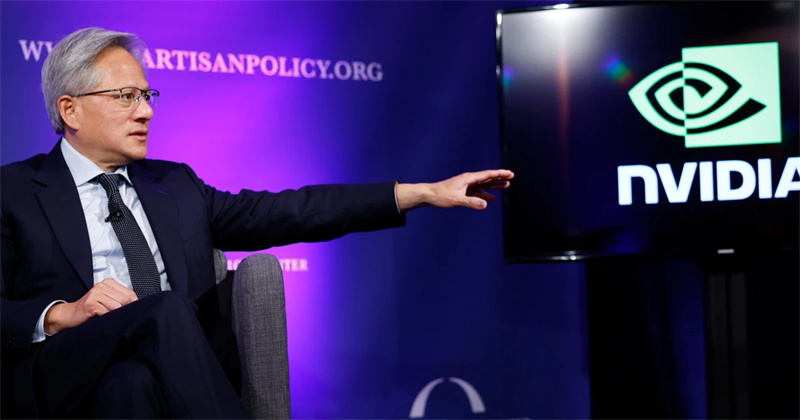With the U.S. set to enforce its new AI export controls on May 15, tensions are rising across Silicon Valley. Nvidia has publicly dismissed claims by AI startup Anthropic that Chinese buyers are using extreme tactics—like hiding GPUs in “baby bumps” or shipping them alongside live lobsters—to smuggle chips into China.
“These are tall tales,” a spokesperson for Nvidia told CNBC, arguing that U.S. firms should focus on innovation rather than “inventing” stories about smuggling sensitive electronics. While Nvidia ridiculed the claims, Chinese customs records show such bizarre incidents have in fact occurred—possibly just the tip of the iceberg.
The public spat reflects deeper industry divisions over the Biden administration's new "AI Diffusion Rules," which tighten restrictions on the global sale of advanced AI chips. Anthropic, backed by Amazon, supports stronger limits to ensure that cutting-edge AI remains in the U.S., citing alignment with “American values and interests.” Nvidia, on the other hand, has warned that sweeping export controls risk undercutting U.S. innovation and global competitiveness.

At a recent closed-door roundtable with lawmakers, Nvidia CEO Jensen Huang reportedly criticized the growing restrictions, urging policymakers to support—not hinder—the global spread of U.S. AI technologies. “We need policies that accelerate AI adoption, not block it,” Huang said, warning that constant rule changes are already hurting U.S. companies. Nvidia expects to write down as much as $5.5 billion due to lost sales and excess inventory tied to AI chip bans, particularly the halted H20 shipments to China under the latest rules.

Huang also pointed to rising competition from China, noting Huawei's push into AI chip design. “China is not behind. They are right behind us—and very close,” he said.
Unless the incoming Trump administration revises or cancels the new rules, the AI Diffusion framework will go into effect mid-May—potentially reshaping the global AI chip market.
+86 191 9627 2716
+86 181 7379 0595
8:30 a.m. to 5:30 p.m., Monday to Friday
